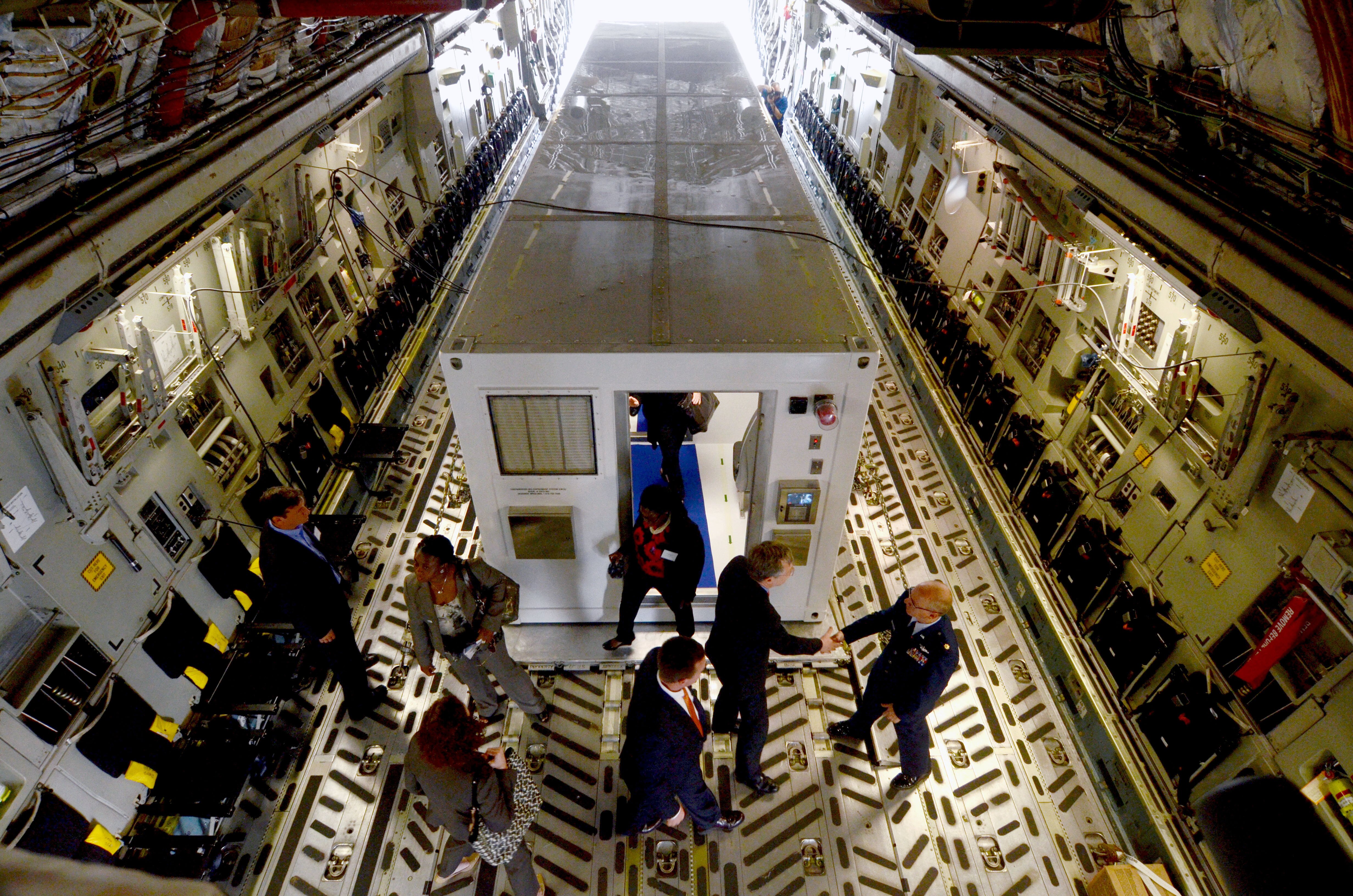It’s hard to believe it has been over a year since the Ebola outbreak of 2014 ripped through the West African nations of Liberia, Sierra Leone and Guinea. More than 11,250 people have died from Ebola, the worst outbreak in history, including 512 healthcare professionals. In fact, the Ebola fighters were named Time’s Person of the Year in 2014 for their bravery; without medical professionals on the ground in the areas impacted by outbreak, the death toll could have been much higher, much faster.
One of the earliest private contributions to fight this horrific disease came from philanthropist and entrepreneur Paul G. Allen, who pledged $100 million to the efforts to date including; supporting Tackle Ebola, the I Survived Ebola campaign working to diffuse the stigma that Ebola survivors face in West Africa, as well as helping to produce the short film Body Team 12.
Awareness, while important, does not actively protect health care workers who face highly contagious diseases head-on. As we continue working to stop the current outbreak, we must apply lessons learned from Ebola to better prepare for disease threats in the future.

One of the greatest challenges in responding to any health crisis, is the recruitment health-care professionals from around the world. These people, working on the frontlines, need assurances that they will be medically evacuated to receive the best care at home should they become infected.
To help solve this problem, Paul G. Allen funded the development and manufacture of two medevac biocontainment units with the U.S. State Department to greatly increase U.S. medevac capacity.
Designed by MRI Global, these biocontainment units are a feat of engineering; they look similar to freight containers on the outside, but in fact are built to contain highly-contagious pathogens and are flight-ready to quickly mobilize during disease outbreaks anywhere in the world. The units can fit in multiple aircraft, and maintain stability even in the case of rapid decompression or a crash. They are housed at Dobbins Air Reserve Base in Marietta, Georgia, as it can accommodate any aircraft and is located close to leading health facilities.
According to Vulcan Inc. President and COO Barbara Bennett, “Some of the most dangerous adversaries we face are contagious diseases. These new medevac units are an extraordinary example of partnership and innovation in action. We applied lessons learned from Ebola today to better prepare for the future and save lives.”
Strategic public-private partnerships like this collaboration between Paul Allen, MRI Global and the State Department are key to improved global health now and in the future. Projects like these that bring together diverse resources and skills enable us to deliver innovative global health tools that benefit the public good.